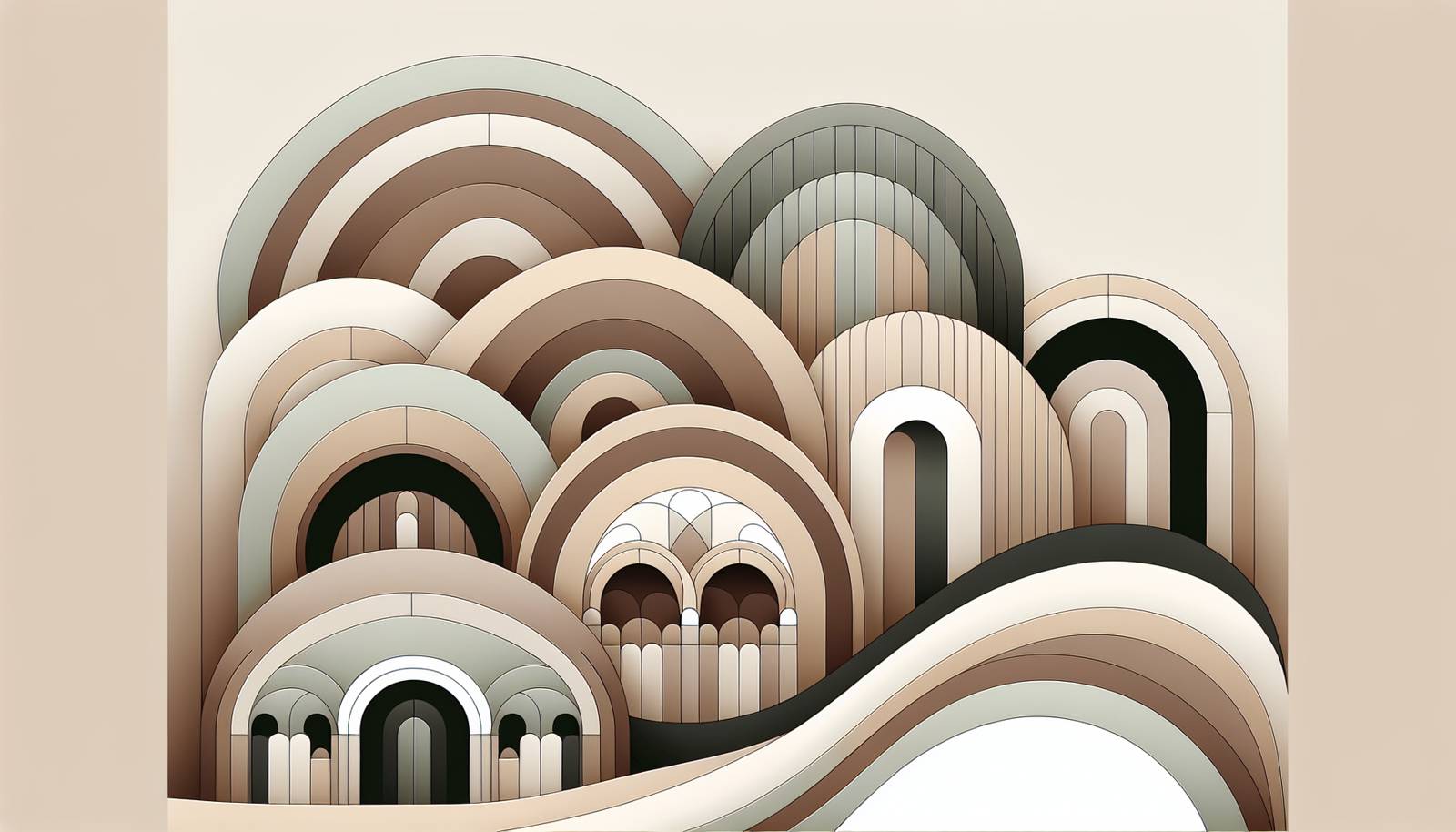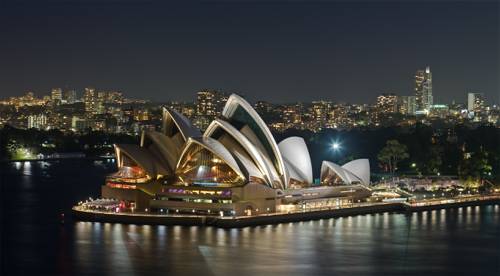
FAQ About Cultural Significance of Opera Houses Worldwide

What makes opera houses culturally significant?
Opera houses are cultural landmarks that serve as venues for the performance of opera, a significant art form combining music, singing, and drama. They are seen as symbols of cultural heritage, representing the artistic achievements of a society. By hosting traditional and contemporary performances, opera houses preserve and promote musical history, serving as educational resources and centers for cultural exchange.

How do opera houses contribute to the preservation of musical heritage?
Opera houses contribute to the preservation of musical heritage by showcasing a wide range of operatic works, from classical to modern compositions. This not only keeps traditional operas alive but also encourages the creation and performance of new works. They often have archives and libraries to maintain scores, librettos, and recordings, facilitating research and education in the field of opera and classical music.

What are some of the most famous opera houses globally?
Some of the most famous opera houses include La Scala in Milan, Italy; the Sydney Opera House in Australia; the Metropolitan Opera House in New York City, USA; the Royal Opera House in London, UK; and the Vienna State Opera in Austria. These venues are renowned for their architectural beauty and acoustics, as well as their significant cultural contributions through world-class performances.

Why is the architecture of opera houses often notable?
The architecture of opera houses is often notable due to its grandeur, innovative design, and historical significance. Many opera houses are architectural masterpieces, with designs that reflect the artistic values of their time. They often feature opulent interiors, acoustic precision, and iconic exteriors that make them landmarks in their respective cities.

How do opera houses support community engagement?
Opera houses support community engagement by offering educational programs, workshops, and outreach initiatives that make opera and classical music more accessible to the public. These initiatives often include children’s performances, behind-the-scenes events, and collaborations with local schools and organizations, fostering a deeper appreciation and understanding of the arts within the community.

What role do opera houses play in modern society?
In modern society, opera houses play the role of cultural hubs that bring together people from diverse backgrounds to experience and appreciate music and theatrical performances. They continue to innovate by introducing contemporary works and multimedia productions, broadening the appeal of opera. Opera houses also serve as tourist attractions, contributing to local economies and cultural tourism.

Are opera houses important for cultural tourism?
Yes, opera houses are important for cultural tourism. They attract visitors from around the world who seek to experience high-quality performances and view the architectural beauty of these historic venues. Tours of famous opera houses and attending performances can be significant draws for tourists, thereby boosting local economies.

How has the function of opera houses evolved over time?
The function of opera houses has evolved from purely being venues for opera to becoming multifaceted cultural centers. Initially, they were exclusive spaces for society’s elite, but today they serve broader audiences with varied programming and events. They host concerts, ballet, theatrical productions, and are often involved in multimedia arts, reflecting changes in cultural consumption.

What are some challenges faced by opera houses today?
Opera houses today face challenges such as financial sustainability, aging infrastructure, and adapting to changes in audience preferences. They need to balance traditional offerings with innovative programming to attract new audiences. Additionally, maintaining and renovating historic buildings can be costly, requiring support from government, private investors, and the community.

Do all opera houses have resident opera companies?
Not all opera houses have resident opera companies. While many famous opera houses do have their own companies or are associated with prominent opera companies, others may function primarily as venues that host traveling companies, festivals, and one-off productions. This setup allows them to offer a diverse range of performances.

How do opera houses influence local culture?
Opera houses influence local culture by serving as a beacon of artistic excellence and innovation. They often present local composers and artists, fostering a distinct cultural identity. Through their outreach and educational programs, they help cultivate a love for the arts in the local community and inspire future generations of artists and musicians.

What is the economic impact of opera houses in their locales?
Opera houses have significant economic impacts through job creation, tourism, and the hospitality industry. They generate revenue not only from ticket sales but also from tours, events, and partnerships. Opera houses can draw in visitors who spend on accommodation, dining, and shopping, thus benefiting the local economy.

Why are some opera houses considered architectural masterpieces?
Some opera houses are considered architectural masterpieces due to their innovative design, historical value, and the artistry involved in their construction. Examples include the Paris Opera House with its opulent Baroque design by Charles Garnier, and the Sydney Opera House, renowned for its unique and modern shell-like structure, designed by Jørn Utzon. These buildings are celebrated for their beauty and engineering excellence.

How do opera houses differ around the world?
Opera houses differ around the world in architectural style, capacity, programming, and cultural significance. European opera houses like La Scala are steeped in tradition and history, while modern venues such as the Beijing National Centre for the Performing Arts reflect contemporary design and advanced technology. The cultural role of each opera house is shaped by the local traditions and aspirations of the communities they serve.

What role does technology play in the modern opera house experience?
Technology plays a crucial role in the modern opera house by enhancing the audience's experience through improved acoustics, lighting, and stage design. It enables innovative production techniques, such as digital projections and sound amplification, and provides new platforms for live streaming performances, making opera more accessible to global audiences.

Can opera houses help revive interest in classical music among younger generations?
Opera houses can help revive interest in classical music among younger generations through targeted outreach programs, innovative and relatable productions, and the incorporation of technology. By designing accessible and engaging educational programs and adapting classic works with modern twists, they can attract a younger audience to opera and classical music.

What is the significance of opera festivals at these venues?
Opera festivals held at these venues are significant cultural events that attract international audiences and performers. They showcase new and classic productions, often featuring renowned artists and directors. Such festivals enhance the profile of opera houses, promote cultural exchange, and stimulate the local economy through tourism and related activities.

How do opera houses remain relevant in today's entertainment landscape?
Opera houses remain relevant by diversifying their offerings beyond traditional opera to include concerts, dance, theatrical productions, and multimedia performances. They embrace modern marketing strategies, foster community connections, and facilitate collaborations with contemporary artists, ensuring they cater to a wider audience and adapt to changing entertainment preferences.

What educational opportunities do opera houses offer?
Opera houses offer a plethora of educational opportunities, including workshops, lectures, masterclasses, and school programs. They provide behind-the-scenes tours, internships, and apprenticeships, aiming to educate both the public and aspiring opera professionals about the intricacies of opera production and performance.

Are opera houses accessible to people with disabilities?
Many opera houses strive to be accessible to people with disabilities, offering features such as wheelchair seating, hearing loops, and assistive listening devices. However, accessibility can vary due to the age and historical status of the buildings. Renovations and modern designs frequently integrate inclusive facilities to ensure wider access for all attendees.
